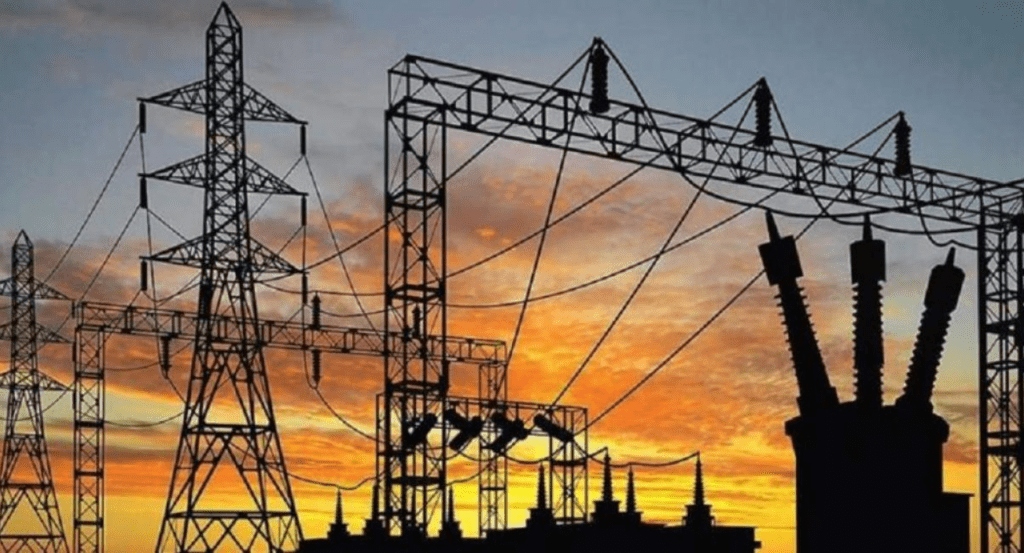Nigeria’s power sector has long been plagued by inefficiencies, with frequent grid collapses, electricity shortages, and financial constraints limiting its effectiveness. The sector is controlled by a network of entities overseeing generation, transmission, and distribution, yet systemic issues continue to hinder progress. Recent concerns about unlicensed contractors exacerbating the situation have intensified calls for urgent reforms to stabilize the power supply and boost economic growth.
Who Controls Nigeria’s Power Sector?
The Nigerian power sector operates through a structured value chain, divided into three key segments:
- Generation: Power generation is handled by companies such as Egbin Power Plc, Transcorp Power, and Geregu Power. These entities produce electricity but often face fuel shortages, outdated infrastructure, and financial struggles that limit output.
- Transmission: The Transmission Company of Nigeria (TCN), owned by the government, is responsible for moving electricity from power plants to distribution companies. However, transmission bottlenecks and technical inefficiencies frequently result in power losses and nationwide blackouts.
- Distribution: Private Distribution Companies (DisCos) handle electricity delivery to consumers. These include Ikeja Electric, Eko DisCo, and Abuja Electricity Distribution Company. Many DisCos struggle with financial sustainability due to low revenue collection, high energy theft, and poor infrastructure maintenance.
Despite privatization efforts, power generation and supply remain unreliable, with Nigerians often resorting to alternative sources like generators and solar energy.
The Role of Unlicensed Contractors in Grid Failures
One of the pressing concerns affecting Nigeria’s power stability is the growing number of unlicensed electricity contractors. Licensed contractors argue that quackery in the industry is leading to substandard installations, poor-quality repairs, and frequent grid collapses. The absence of strict regulatory enforcement allows unqualified individuals to handle critical electrical work, putting the entire system at risk.
The Nigerian Electricity Regulatory Commission (NERC) and the Federal Government have been urged to intensify oversight, enforce stricter licensing requirements, and penalize violators to reduce recurring power failures.
How Can Nigeria Revitalize Its Power Sector?
Experts suggest that revitalizing Nigeria’s power sector requires a multi-faceted approach:
- Strengthening Regulations: Enforcing licensing laws and cracking down on illegal electricity contractors will improve service quality and reduce technical failures.
- Upgrading Infrastructure: Investing in modern transmission and distribution networks will minimize power losses and improve efficiency.
- Diversifying Energy Sources: Expanding renewable energy solutions, such as solar and wind power, can reduce reliance on fossil fuels and stabilize supply.
- Improving Tariff Structures: Adjusting electricity tariffs to reflect market realities while protecting vulnerable consumers can boost revenue for power companies.
- Enhancing Private Sector Participation: Encouraging more private investment in power generation and distribution can drive innovation and efficiency.
Conclusion
The future of Nigeria’s power sector depends on comprehensive reforms, increased investment, and stricter regulation of contractors. While challenges persist, a well-coordinated strategy that addresses both infrastructural and regulatory issues can pave the way for a more stable and efficient electricity supply. If implemented effectively,























